Home of UT
Materials Science and
Engineering
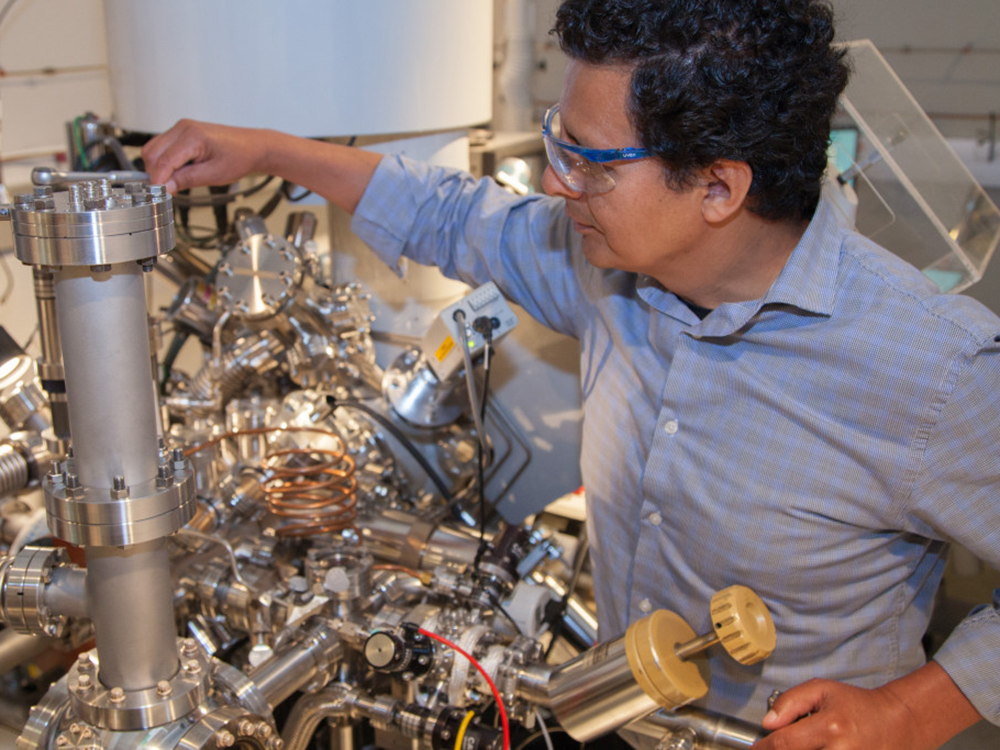
Core Faculty
TMI's core faculty lead cutting-edge research by running their grants through the institute, fostering collaboration and resource sharing.
Learn More
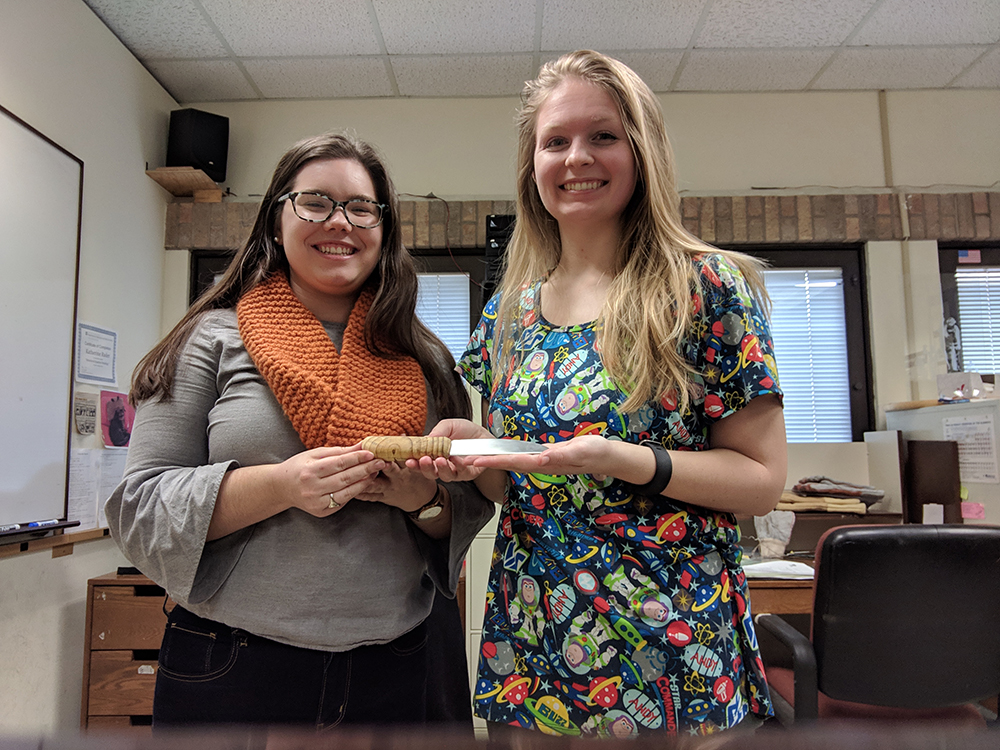
Graduate Program
Our Materials Science and Engineering program is one of the best in the nation, and our graduates go on to be leaders in their fields.
Learn More
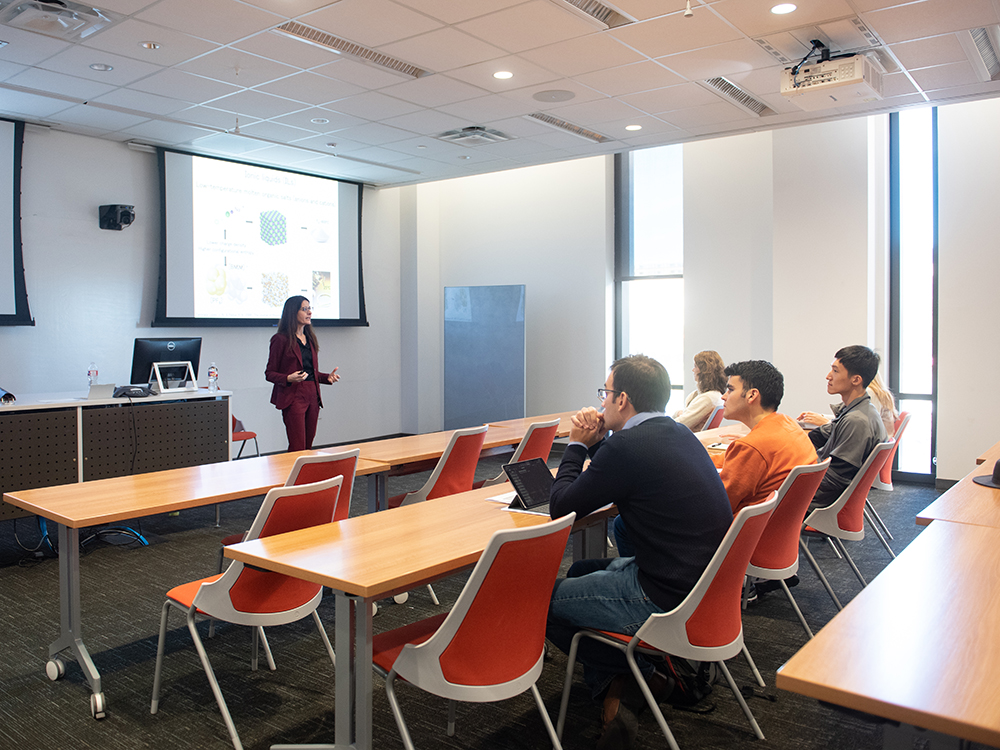
Research
TMI supports interdisciplinary research at UT Austin, with over 100 faculty focusing on clean energy, nanotechnology, and advanced materials using our state-of-the-art facilities.
Learn More
Home

Chemistry Professor Receives Sloan Research Fellowship and Mark Young Scholar Award
A Sloan Research Fellowship, given by the Alfred P. Sloan Foundation, is one of the most competitive and prestigious awards available to early-career scholars in fields ranging from computer science to physics, and Zachariah Page of the Department of Chemistry was announced as one of the newest fellows.

Subak Sensing: Silver Nanocluster Reporters Transform Genetic Testing
Forster resonance energy transfer (FRET) reporters are often used in tests to show if specific genetic material is present. In these tests, certain enzymes called nucleases cut the FRET reporters, causing them to emit light. However, making these FRET reporters involves using a dye/quencher pair and purifying them, which makes the FRET reporters expensive.

Unlocking Collective Motion: Mimicking Nature with Active Particle Systems
In nature, we often see remarkable patterns of movement in groups of animals like fish or birds. These movements are complex and dynamic, involving various behaviors and changes over time. Scientists at UT Austin have been trying to recreate similar behaviors in artificial systems using tiny particles that move on their own.

Addressing Dendrite Issue in Solid-State Electrolytes
All-solid-state batteries (ASSBs) are widely considered as the "Beyond Li Ion" technology, being potentially much safer and with much higher energy than commercial LIBs. ASSBs employ high voltage cathodes such as LiNi0.8Mn0.1Co0.1O2 (NMC811) and LiNi0.5Mn1.5O4 and a non-flammable inorganic separator termed solid-state electrolyte (SSE). For most ASSB architectures, a relatively thick metallurgically-rolled lithium foil is employed as the battery anode. However, limiting the amount of lithium is essential to achieving ASSBs with the targeted energy.
Page 22 of 34
Texas Materials Seminar Series
The Texas Materials Seminar Series features MSE 397 Seminars, TMI Distinguished Lectureships, and TMI Special Seminars, where leading faculty and professionals from around the world share cutting-edge innovations and advancements in materials engineering with our students.
Learn More
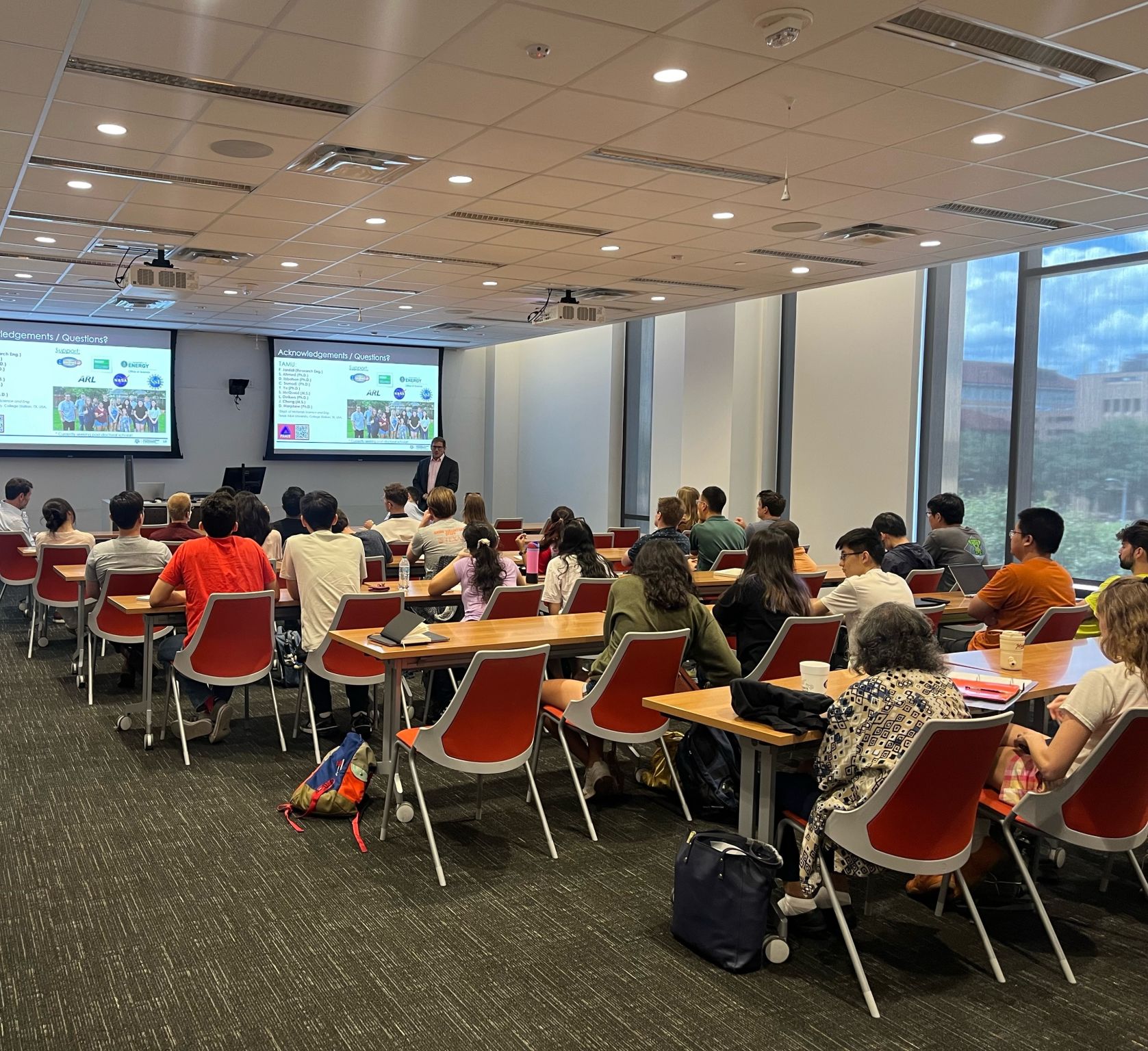
News
Dr. Yuebing Zheng Elected Fellow of SPIE
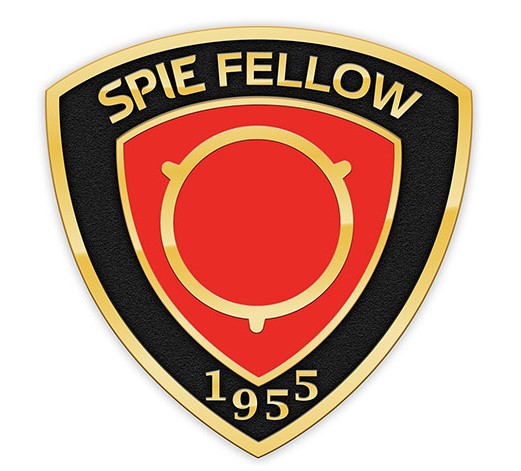
SPIE, the international society for optics and photonics, is proud to announce that Dr. Yuebing Zheng has been elected to the prestigious grade of Fellow of SPIE, in recognition of his outstanding contributions to the field of optics and photonics.
Advancements in Anode-Free Solid-State Batteries

Dr. David Mitlin and Dr. Donald Siegel, along with their colleagues in the Department of Energy’s MUSIC Energy Frontier Research Center, recently published a perspective article in Nature Materials on "Electro-Chemo-Mechanics of Anode-Free Solid-State Batteries."
In2Se3: A New Material for Enhancing AI Performance

In a recent groundbreaking study, Dr. Yurim Jeon, a postdoctoral researcher, and Dr. Deji Akinwande, a distinguished professor, have uncovered In2Se3’s potential to significantly advance artificial intelligence (AI).
Dr. Deji Akinwande Delivers Distinguished Kavli Plenary Lecture at MRS Fall 2024
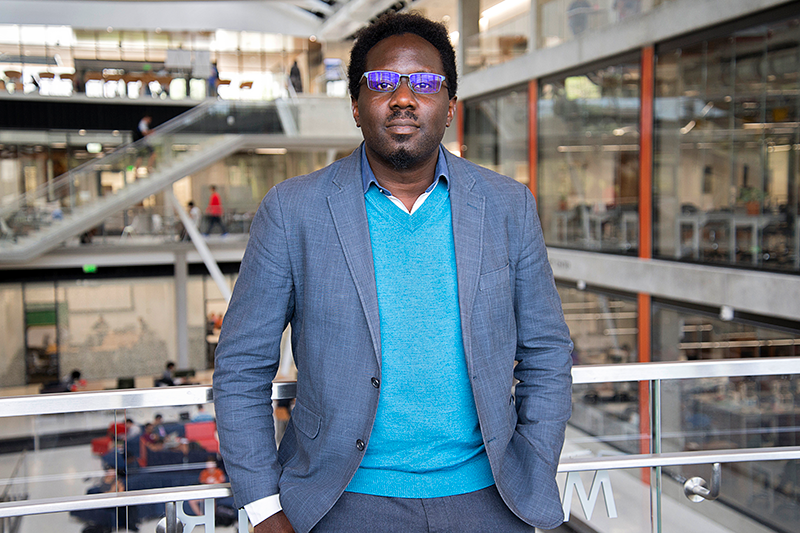
Dr. Deji Akinwande delivered the Kavli Plenary Lecture at the Materials Research Society (MRS) Fall 2024 Meeting, highlighting the potential of 2D nanomaterials for both scientific research and practical engineering applications."
Kent Zheng named Forbes 30 Under 30 in Science
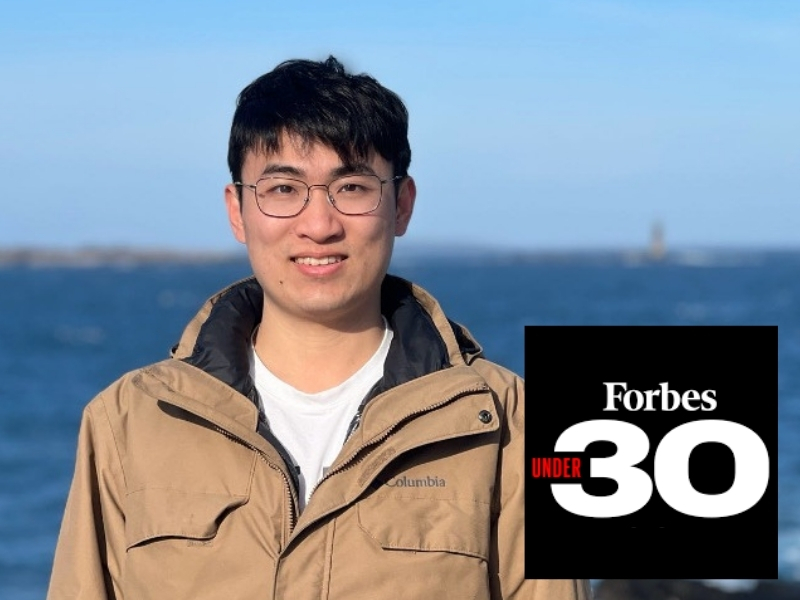
Kent Zheng, assistant professor, has been named to Forbes 30 Under 30 in Science. He joined the McKetta Department of Chemical Engineering at The University of Texas at Austin in January of 2024 having completed postdoctoral research with Prof. Joe Checkelsky at MIT Physics Department.
$12M+
In Grant Funding
20+
Research Patents
10K+

